P.U.S.H.- PERSEVERE UNTIL SOMETHING HAPPENS
Challenge yourself; it’s the only path which leads to growth. – Morgan Freeman Quotes
Working in any field of work has its challenges and battles that need to be overcome. But growth is rarely seen where things are easy because the limits are not pushed. This blog reflects a few challenges I faced during my work placement at Half Bap Recording Studios using Boud’s Model of Reflection.
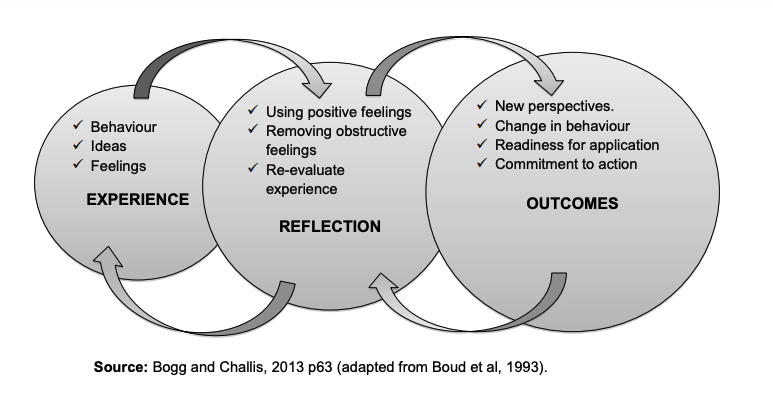
It has been a great and insightful journey so far as I look to the future and observe what I may be doing as a career for the rest of my life. As I am multifaceted, there will be many other aspects of the musical journey that I will be considering and spreading my tentacles to as well. The first challenge I faced was working with an array of different clients from all musical genres and corporate clients on all levels and continuously providing the highest quality of audio and production across the board. My music experiences have mostly been in church music which usually comprises genres like CCM (Contemporary Christian Music), Gospel, Rock, Ballads, Reggae, and Hi-Life music from where I grew up in Ghana. Although in my younger days I did listen to a bit of R&B, Hip-hop, and Pop, I have been out of touch with them for a very long time. So, it was quite a difficult process to tune my mind to what was required for these other genres that we were working on in the studio like Alternative Rock, Punk, Indie, Irish Folk and the like, plus a whole lot of other combinations and permutations of two or more genres.
Another challenge was dealing with the technical aspects of working with both analog and digital hardware and software combined, to make each job work. For example, one day there will be a band recording all acoustic instruments with all analog gear, and the next day, working with a corporate client using solely digital equipment and software. The challenge is to understand and utilize all audio equipment from all aspects to ensure the best outcome for the client and that there are no issues in both outcome of the project and technical issues.
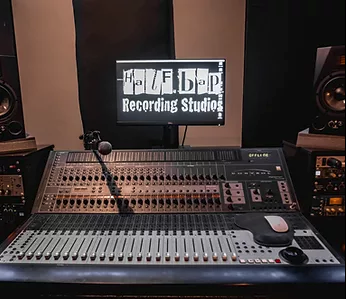
One key job of a good producer is to be able to help bands define their style of music for marketing purposes. It is best to do it yourself or the record company will make that decision for you (Gibson and Curtis, 2019). With that in mind, I knew I had to quickly get up to date on my knowledge of various genres, what they entailed and how to produce them even if I hated them. This will ensure that I have a broad client base and even help me to do some experimenting on my own. To overcome this challenge, I have been doing research on various genres finding out the concept, intention, melody, rhythm, harmony, lyrics, song structure, density, instrumentation, performance, and mix that go to define a genre (Gibson, 2019). However, working one on one with the audio engineer and gaining the experiential
knowledge about his approach and methods proved invaluable and cut down a lot of the work that I would have needed to put in to gain this knowledge.
Below is a link that describes various genres and combinations of them.
From these few months of observation, I realize that most of the day-to-day life of a studio engineer involves troubleshooting, and no matter how well you know the equipment you are working with, there may always be something that is not working well, a loose cable, wrong routing, etc. Having worked with mostly software and plugins, the wonderful world of analog and digital hardware, gave me the chills even in the warm, padded studio. Huber (2018), states that the best way to learn the art of processing, shaping, and augmenting sound is through experience, which requires time and a willingness to learn. Drawing from the little experience I had with analog hardware in my module on Live Production Systems in the second year of my course, I was able to have a bit of understanding of how to use the analog compressors and reverb units. Though it was fun briefly using these analog devices, their downside was their inability to be saved and instantly recalled with a session in a DAW (Huber, 2018). As we haven’t had the opportunity to use it a lot for the kind of projects I have been involved with so far, I still do lack the confidence required and hope to be patient and observant to add that knowledge to my skills as well in the near future.
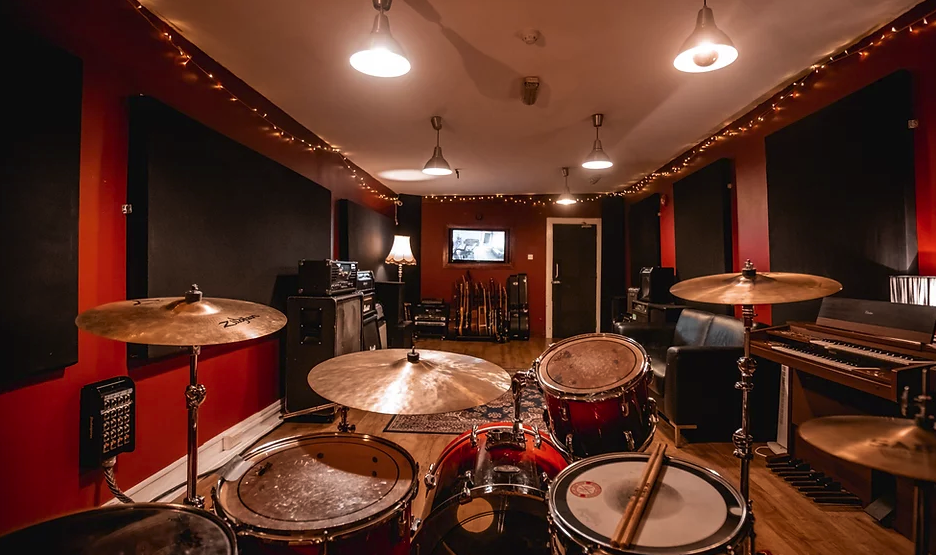
I am excited at the prospect of using all this new knowledge even in the creation of new sound for church music and other areas I am interested in like film, drawing on my learning about these other genres that were once a challenge. It is said that creativity is the ability to produce new ideas that are of value. Once one learns the rules, it is time to break them and thus, venture into unfamiliar territories of new sounds and original techniques (Izhai, 2018).
BIBLIOGRAPHY
- Izhaki R. (2018) Mixing audio: Concepts, practices and tools. New York and Oxon: Routledge
- Bogg, D. and Challis, M. (2013) Evidencing CPD: A guide to building our social work portfolio. St Albans: Critical Publishing.
- Huber, D.M. (2018) Modern recording techniques. New York and London: Routledge
- Gibson, D. and Curtis, M. (2019) The art of producing: How to create great audio projects. New York and London: Routledge
- Fearless Motivation: Motivational and inspirational quotes (2017)
Available at: https://www.fearlessmotivation.com/2017/12/28/morgan-freeman-quotes/
You May Also Like
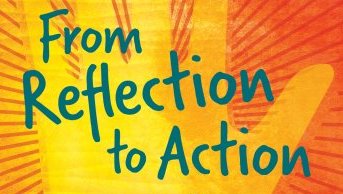
Reflection-In-Action: The Value of Challenges
25 March 2022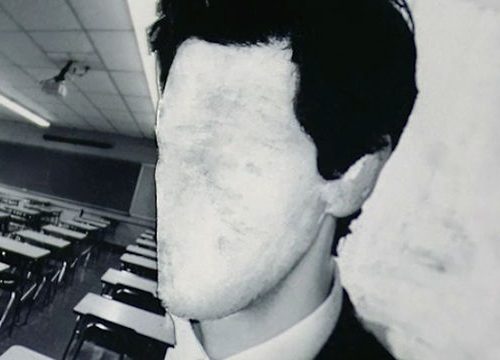
The Equity Of Detachment
25 March 2022

